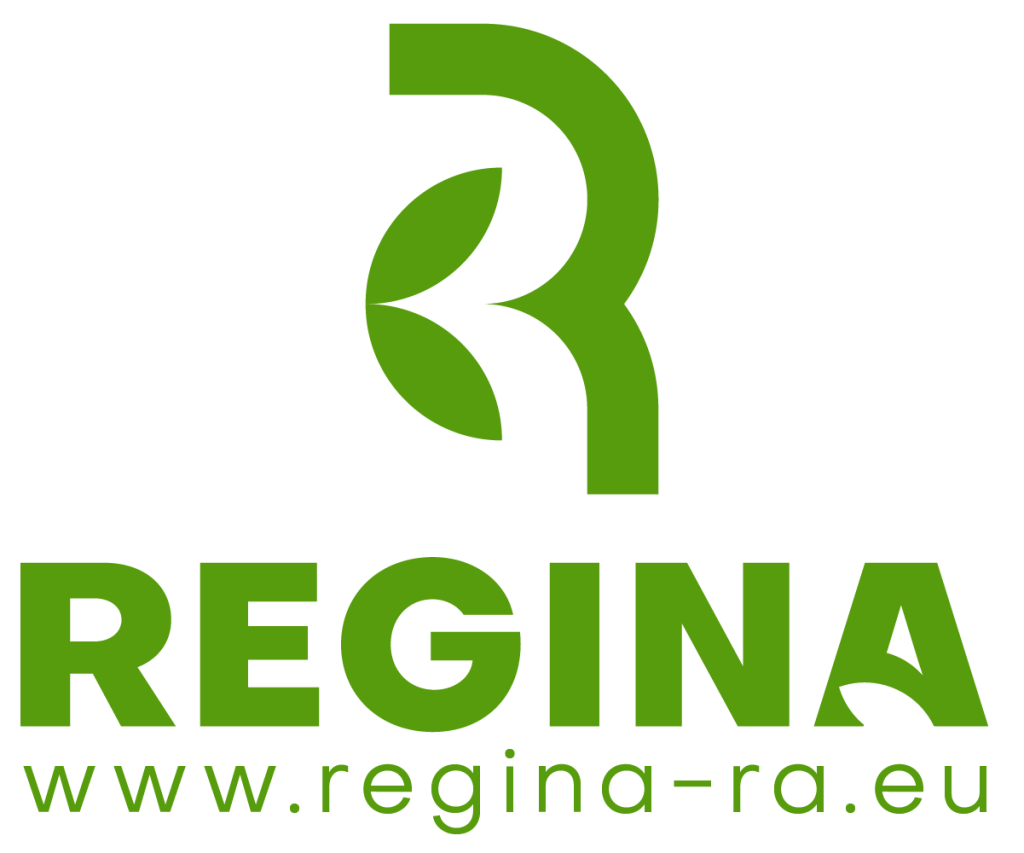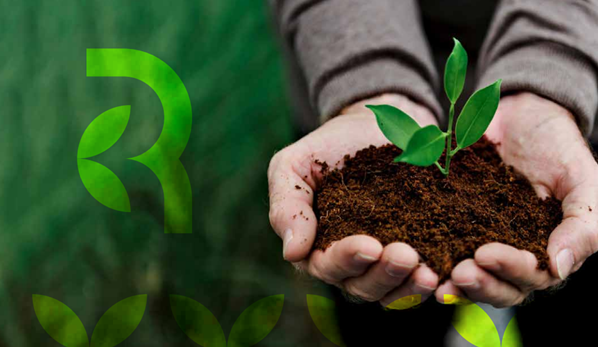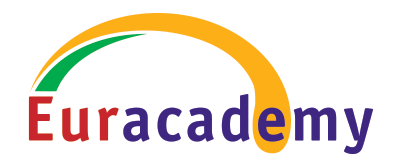

Theme
REGINA is an Erasmus+ Cooperation partnership project, started in November 2021, with the participation of 5 European countries (Greece, Hungary, Slovenia, Italy and Ireland) and 8 project partners. The project places an emphasize on Regenerative Agriculture, that can offer substantial results for sustainable farming by enhancing biodiversity “above and below the ground surface”, thus contributing to increased water and nutrient use efficiency and to improved and sustained crop production. Regenerative Agriculture (RA) proposes new farming techniques that supersede the current concept of conventional agriculture and proposes sustainable management of the soil with significant environmental and economic benefits, especially suitable for arable crops. RA gives farmers the means to conserve and make more efficient use of natural resources, thus offsetting the destructive forces of agriculture against biodiversity. In the medium term, RA has also been proved to bring economic benefits to the farmer (like increase of yields, reduction of off-site problems, labour and fuel savings, as well as cost-savings in annual crops)
Partners
- Széchenyi István University – Coordinator (Hungary)
- Slovenian Association for Conservation Agriculture (SACA, Slovenia)
- Forestry and Wood Technology School in Postojna (SGLG, Slovenia)
- South and East Cork Area Development CLG (SECAD, Ireland)
- Veres Péter Secondary Vocational School (Hungary)
- GYMSM Farmers’ Association (Magosz, Hungary)
- University of Florence (Italy)
The need to re-direct agriculture towards innovative approaches that would help to mitigate climate change is urgent and pressing. Students in the fields of agronomy, but also agroforestry and rural development, should be suitably equipped to look at such innovative approaches, which are often stemming from traditional methods, suitably revisited and redefined, so that they can lead, as professionals, the effort towards mitigating climate change. At the same time, farmers should be also helped, through non-formal and informal learning, to understand how they can change their farming methods to make them more environmentally sensitive, using natural resources wisely, without losing income.

Objectives
In line with the above, the REGINA project objectives include:
- Promote the principles and practices of RA across Europe.
- Research and report on the already existing good practices of RA in the project countries and across Europe, identifying problems and attitudes that hinder further development of RA; as well as benefits for the farmers, that need to become more widely known; and create an RA Library of information, which will be constantly updated.
- Create and pilot-test in HE a new and flexible methodology and educational content, for delivering RA courses to students of agriculture and related disciplines, with a view to equip future agronomists and related professionals with knowledge and skills to become leaders in RA, helping farmers to adjust their everyday practices accordingly.
- Adapt and pilot-test the HE methodology, learning content and tools, so they meet the needs of secondary education students in agriculture and related professions; as well as the needs of non-formal adult learners, especially targeting farmers.
- Design an interdisciplinary, digital open learning environment for all 3 tiers of education, hosting the learning resources created by the project, and offering interaction possibilities with local and national stakeholders and farmers’ communities, with the prospect of continuously enriching these resources through the active involvement of users.
- Prepare and publish a Guidebook on RA Learning, addressing tertiary and secondary students and educators, trainers, advisors, other stakeholders in the field of agriculture and farmers themselves.
- Disseminate widely the project products and results, through the dedicated REGINA platform and through the publicity and communication efforts of all project partners.
Our achievements
The achievements of the REGINA project are many and important and we invite you enthusiastically to read through the available documents and make good use of the project’s results.
Library of good practices
We aimed to create a library of information, including best practice in the participating countries and across Europe, to be integrated in the learning process. For this, we conducted desk research in all participating countries, interviews with stakeholders, case studies of best practice examples and an online survey addressing farmers. Read more here https://regina-ra.eu/library-of-good-practices
The illustrated success stories included I the Library can be accessed here https://regina-ra.eu/menu-success
Learning methodology
Our objective was to design a learning methodology and appropriate innovative learning tools to introduce an interdisciplinary course of study on Regenerative Agriculture for university students of agriculture, which could be also adjusted to the needs and education capacities of secondary school students of agriculture and for adults, mostly farmers. The initial higher education course focused on global climate change, soil health and enhanced ecosystem services, as well as food and water security, exploiting knowledge that exists in the project partnership on conservation agriculture, soil metagenomics, bioinformatics, environmental engineering and sustainable rural development. Read more here https://regina-ra.eu/learning-methodology
Regina Platform
The platform which contains all education material addressing higher education students, and adaptations for secondary school students and for adults, can be reached here https://regina-ra.eu/regina-platform
Regenerative Agriculture Guidebook
A Guidebook for Regenerative Agriculture teachers and learners has been created to make the learning results of REGINA more easily useable to all those who can benefit from them. You can access the Guidebook here https://regina-ra.eu/ra-guidebook
Dissemination events
National workshops have been organized in all participating countries to disseminate the results of the project. Furthermore, Euracademy co-organised the following international events with Széchenyi István Egyetem:
- A Summer Academy on Regenerative Agriculture in September 2023 at Gyor, Hungary, which was combined with a training of trainers’ workshop, addressing educators who would deliver the Regenerative Agriculture Course to higher education, secondary education and adult education students. More info about the summer academy herehttps://www.euracademy.org/20th-summer-academy/
- An International Conference in October 2024 at Gyor, Hungary, which invited distinguished speakers from across Europe to talk about various aspects of Regenerative Agriculture, including social, technological and market issues, while the REGINA team presented the results of the project. More info about the Conference:
A national workshop and pilot training for adults was also organized in Athens, Greece, by Euracademy, attended by students of agromomy, farmers, agronomists and interested individuals. Read more here https://regina-ra.eu/national-workshop-greece
